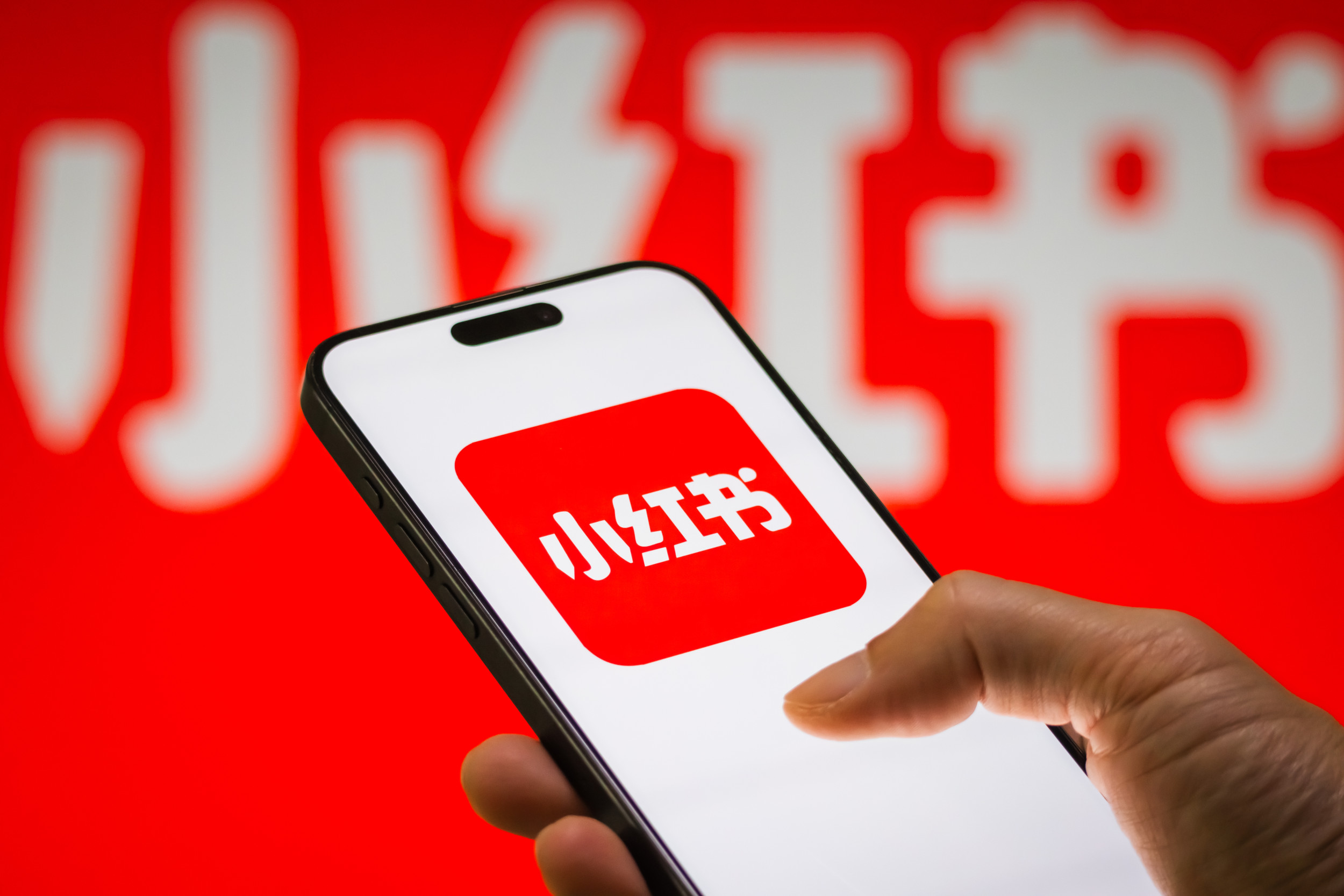As self-described “TikTok refugees” pour onto the Chinese social media app RedNote, also known as Xiaohongshu, some foreign netizens are already running up against the country’s extensive censorship apparatus.
Newsweek reached out to Xiaohongshu with a request for comment via a general contact email address.
Why It Matters
TikTok’s parent company ByteDance has until Sunday to divest from the video-sharing site or see it banned in the U.S, as required by a law passed by Congress last year, citing risks to users’ data. Chinese companies are legally required to comply with government requests for information.
The move would affect some 170 million American users and hit the pocketbooks of 2 million creators. Ahead of the ban, many have started accounts on RedNote, known in China as Xiaohongshu (Little Red Book), earlier this week propelling the app to become the most downloaded on the Apple and Google app stores.
What To Know
RedNote is an amalgamation of lifestyle and social commerce content, featuring elements from TikTok, Instagram, and Pinterest.
The flood of English-speaking videos has been largely met with curiosity on the app, which has become a space for rare interaction between American and Chinese netizens.
Cheng Xin/Getty Images
Many newcomers are bound to come up against government censorship, and some are already probing these limits.
An X (formerly Twitter) user with the handle Dispropaganda shared a screenshot of an account suspension notice they received after posting on a range of topics considered sensitive by Beijing, such as “Taiwan is a free country” and “Uyghur concentration camps.”
Social media commentator Christine Lu also made an experimental post, uploading an artwork by American artist Tristan Eaton “inspired by the iconic video of the ‘tank man’ ” who blocked the path of tanks in Tiananmen Square on June 4, 1989.
Lu received a notice that her post “violate[s] platform rules” and was not visible by others, showed a screenshot shared on her X account.
Some seemingly noncontroversial political topics are also being screened, as Australian anti-Chinese government activist Drew Pavlou learned when he asked, “Chinese friends, what do you think of [Chinese] Xi Jinping and Xi Jinping Thought?”
What People Are Saying
Liu Pengyu, Chinese Embassy spokesperson: “The U.S. should truly respect the principles of market economy and fair competition, stop unreasonably suppressing companies from other countries, and provide an open, fair, just and nondiscriminatory environment for companies from all countries to invest and operate in the United States. China believes that it is an individual’s choice which social media to use. As a matter of principle, China always supports and encourages people-to-people exchanges with other countries to enhance people-to-people bond.”
Lindsay Gorman, managing director and senior fellow of GMF’s Technology Program, previously told Newsweek:
“TikTok itself is banned in China like most social media platforms that allow users to speak freely on topics China doesn’t like. That means that an influx in Western users—a sizable fraction of whom hold progressive views—will have to contend directly with censorship on RedNote that’s made in China for China. The flip side of this if RedNote’s U.S. user base does expand rapidly is that the censors may have a hard time keeping up and keeping the political content off the platform.”
What’s Next?
RedNote’s surge of popularity in the U.S. may be short-lived, given that data from it, like TikTok can also be requested by the Chinese Communist Party.
In this regard, RedNote may present an even greater threat than TikTok, which has least kept data on servers in the U.S, Adrianus Warmenhoven, a cybersecurity expert at Nord VPN, toldCBS News.
ByteDance has refused demands to sell the app. Last week, the Supreme Court heard TikTok’s case but is widely anticipated to uphold the ban, following a similar decision by a federal appeals court last month.
President-elect Donald Trump has voiced support for the app, filing an amicus brief with the Supreme Court last month to request an extension of the divestment deadline until after his inauguration on January 20.
The Biden administration is reportedly seeking ways to keep TikTok available until Trump takes office, NBC cited people familiar with the discussions as saying Wednesday.


